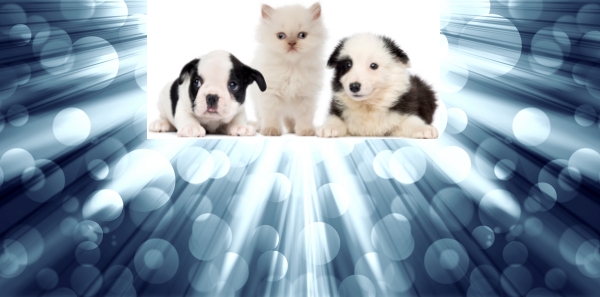I admit it: I’m a bit of a traditionalist when it comes to the written word. Language may not be the characteristic that sets humans apart from the remainder of the animal kingdom. Other species possess sophisticated – maybe even superior – communication abilities. I mean, how can we really know what whale songs communicate?
But we’re the only ones who write it down.
It could be that some species with complex communication abilities also have permanent, eidetic memories, making tangible records of messages unnecessary. Personally, I wouldn’t be surprised if cetaceans fall into this category. But people are the only ones who permanently memorialize in a visual fashion what they have to say .
Writing is quintessentially human.
Because it is, and because what you write is self-reflective, some care should be given to doing it correctly.
The lightning pace of the modern world necessitates some adjustments. I get that. And, for the most part, I’m (grudgingly) accepting of many social media and email abbreviations. I understand that LOL and ROTFL express varying degrees of hilarity. I’ve even been guilty(?) of using BTW as a transition between subjects.
But acronyms are one thing and incorrect use of homonyms is another. While the former may be either efficient or lazy, the latter is just wrong.
Case in point:
Aw – an interjection used to express sentimental or saccharine approval, or perhaps commiseration, protest, or disbelief.
Awe – a profound sense of wonder, inspiration, reverence, admiration, or even fear.
Please, please don’t use “awe” when you mean “aw.”

You see this most often in the context of social media comments. Someone sends a really cute picture of a puppy or kitty (or small, young human) and someone responds with a comment:
“AWE! HOW CUTE!”
Do they really mean that they’re amazed or astonished by the image? Of course not.
And, by the way, why are they yelling?
“Aw, how cute!” would not only be correct usage, it wouldn’t reflect negatively on the commenter.
Speaking of negative reflection, the more “serious” the purpose of the communication, the more deleterious the effect of flawed usage. Using an interjection in a business email, for example, is suspicious to begin with but can be perfectly appropriate. Sometimes, “ugh” is exactly the right word.
But using the wrong word in place of an interjection not only changes the meaning of what you’re trying to communicate, but also makes you look sloppy, at best.[1]
So, please. Don’t use “awe” when you mean “aw.”
[1] As a side note, the degree to which errors in written communication reflect badly upon the writer is increased by the distance of the error from correct usage. For instance, sometimes you’ll see “aw” used in place of the interjection “ah.” This is much more subtle and, perhaps, could be the subject of a dedicated post. The point is: if the correct interjection is “ah” and you write “awe,” not only is your meaning severely clouded but the reader can have little confidence in your competence.
